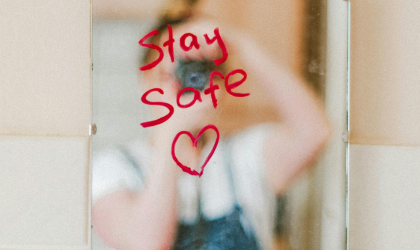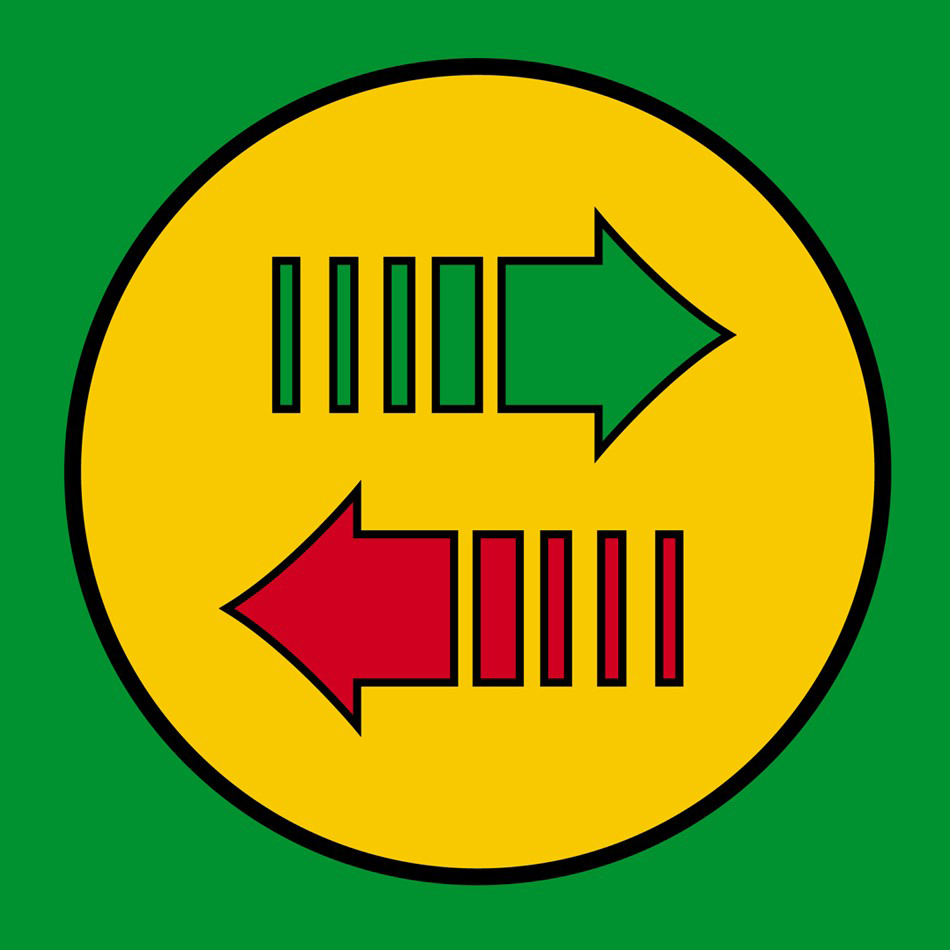How we support you
Starting your recovery journey can feel daunting, but you don’t have to do it alone.
At i-access, we’re here to support you every step of the way. Our drug treatment pathways are designed to provide the help you need, at a pace that feels right for you.
The first step is reaching out. You can:
- Call us: 0300 222 5932 (Monday to Friday, 9am - 5pm).
- Refer yourself online: Complete a short referral form.
Once you’ve contacted us, we’ll be in touch within 7 days to guide you through the next steps.
Your first appointment will be a chance to talk about your situation. We can offer this by telephone or face to face and you are welcome to bring someone you trust to your appointments.
This assessment helps us understand:
- how drugs are affecting your life
- any challenges you’re facing, such as physical health issues or emotional difficulties
- what your goals are, whether that’s cutting down or stopping substance use.
Together, we’ll create a plan tailored to your needs.
If you’re ready to make changes, your key worker will help you to prepare. This might involve:
- understanding how drugs affect your body and mind
- exploring any risk to you or those around you regarding your drug use and how you can lessen those risks
- identifying triggers that lead to using substances and exploring ways to manage them
- supporting you to stabilise your substance use with drug diaries and regain some control. If you need substitute medication one of our doctors or nurses will arrange this
- speaking to family and friends about how they can support you through this process.
Drug treatment pathways
At i-access, we provide personalised support to help you manage and recover from drug use. Our treatment pathways offer a personalised mix of medical, therapeutic, and peer-led options.
Explore the pathways below to see how we can support you:
Opiate Substitution Treatment is available for people dependent on opiates. You’ll have outpatient clinic appointments with one of our doctors or non-medical prescribers to find the right treatment for you.
Your treatment plan can also include:
- Regular appointments to stabilise your medication
- Person-centred care planning to achieve your specific goals
- Support groups tailored to your recovery
- Access to wraparound support services, such as housing or employment advice.
Stage 1Preparation |
Stage 2Stabilisation |
Stage 3Relapse prevention |
|---|---|---|
|
---------------------------------------------------> Throughout your recovery you will be supported by your key worker |
||
|
|
|
This pathway is for people struggling with non-opiate substances, including cocaine, cannabis or ketamine. You may be struggling with dependency to illicit or over-the-counter medication - we can help. We offer one-to-one support to help you understand your use and build strategies for change.
Your plan can include:
- A nominated keyworker to plan your care
- Group sessions to connect with others and learn new skills
- Access to wider support services to assist your recovery.
For those with dependency on cocaine or other stimulants, we have a six-week group to support you. The sessions focus on:
- Developing strategies to reduce or stop stimulant use
- Building healthier habits and coping mechanisms
-
The group is delivered online and can be combined with other support options or offered as one-to-one sessions.
If detoxification is part of your recovery plan, we’ll assess your needs and recommend the right approach:
- Home detoxification: A nurse will visit you at home, providing medication and physical health checks. Support for your family is also available.
- Community/Ambulatory detoxification: Attend daily appointments with a nurse and join a support group. This programme lasts approximately 10 working days.
- Inpatient detoxification: For complex needs, detox is provided at a specialist unit in Kent, with aftercare arranged back in Surrey.
Once you have become abstinent from substances, we’ll support you to stay on track. This includes:
- Relapse prevention: Practical advice to help you manage cravings and maintain progress
- Peer support: Connect with others who have lived experience of recovery
- Community activities: Join recovery cafés, refer to employment support programmes and signpost to local groups to continue building a healthier lifestyle.
- Residential rehabilitation: Our partners from Surrey County Council Social Care Team can make referrals to residential rehab subject to treatment milestones being met. Once in treatment and engaging fully it might be that you have a conversation with your allocated keyworker to explore whether this is a suitable option for you as part of your treatment journey.
Building long-term support
Recovery doesn’t stop once you have stabilised your drug use. We offer ongoing support to help you make lasting changes:
- One-to-one key working: A chance to explore challenges and work towards your recovery goals
- Group sessions: Meet others on similar journeys and share experiences in support groups
- Workshops: Learn new skills to build resilience and prevent relapse
- Mutual support: signposting towards the 12-step fellowship such as Narcotics Anonymous (NA) and SMART to establish long-term recovery support once treatment with i-access is complete.



